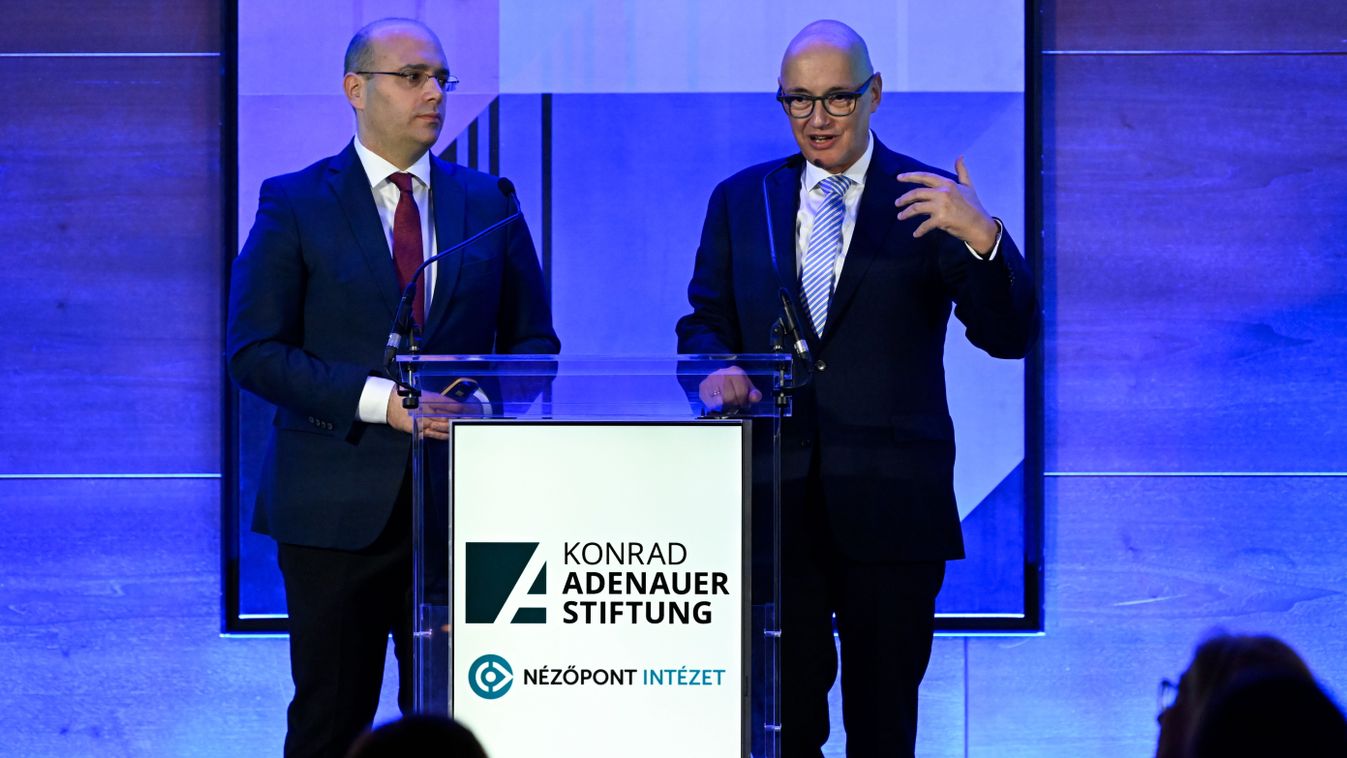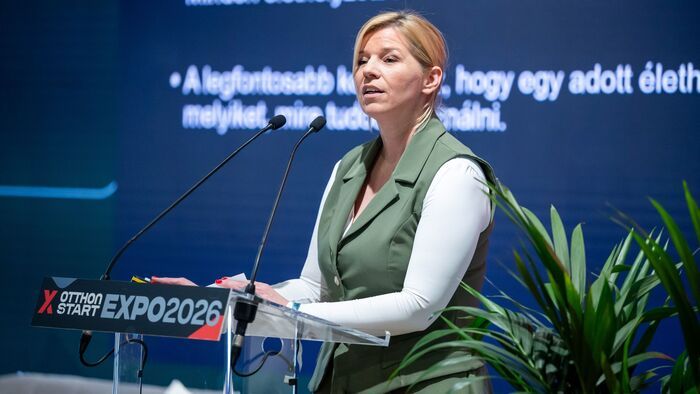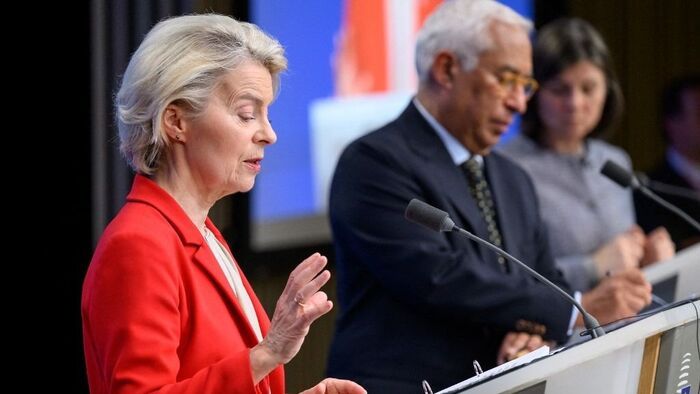If we look back a thousand years, our first queen, Blessed Gisela, arrived in Hungary from Bavaria on the Danube, bringing along the Western world and culture: architects, artists, craftsmen and monks. Since then, the history of the Germans and Hungarians has been inseparable, and we are connected by the Danube and our shared history, stressed Csaba Hende, deputy speaker of the National Assembly, at the presentation of this year's results of the German-Hungarian Barometer survey conducted by the Nezopont Institute and the Konrad Adenauer Stiftung.
In the decade since he has been engaged in improving German-Hungarian relations, he has experienced unfavorable trends. There are some opinions that are completely out of the air and quite incomprehensible, the deputy speaker said, citing as an example the result that only 28 percent of the Germans believe that ethnic minority rights are respected in Hungary, whereas Hungary treats its minorities well.
The media in the two countries portray the other country completely differently. Most of the articles about Hungary published in the German press depict a negative image of Hungary and reflect a schoolmaster attitude.
If we want to improve our relations, we must first learn to talk to each other at eye level,
Csaba Hende pointed out.
Perhaps now is the best time in the last ten years to rethink relations,
he said, adding that this requires attention and effort.
This year's results of the German-Hungarian Barometer, which has been surveying the mutual perceptions between the two nations annually since 2017, were presented by Agoston Samuel Mraz, director of the Nezopont Institute, and Hermann Binkert, former state secretary and current managing director of INSA-Consulere, which conducted the German part of the survey.
The title of their presentation is much revealing: Alienated Friends.
First, the survey looked at how many people perceive the other nation positively. While 53 percent of Hungarians have a positive opinion of Germans, the reverse is only 42 percent, the data show.
East Germans have a much more positive attitude towards Hungarians than Westerners, while in terms of age, the elderly have the best opinion of Hungarians. In Hungary, the exact opposite is seen, with young people perceiving the Germans more positively. In the context of Budapest and rural areas, the residents of the Hungarian capital have better perceptions of the Germans.






















Szóljon hozzá!
Jelenleg csak a hozzászólások egy kis részét látja. Hozzászóláshoz és a további kommentek megtekintéséhez lépjen be, vagy regisztráljon!